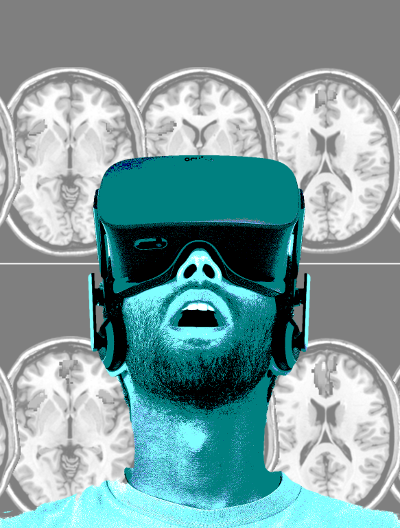VR classrooms coming
 Researchers have investigated the strength of virtual learning environments.
Researchers have investigated the strength of virtual learning environments.
With classes at universities and schools around the world rapidly being closed, it is becoming more important to look at other, more remote ways of learning.
Immersive virtual reality (VR) has enormous potential for education, going beyond the computer scheme to potentially give students a more connected experience with each and with their subject matter.
VR allows embodied simulations that make it uniquely suited as a teaching tool for basic science.
First, students can physically interact with content, providing the engagement of a hands-on activity but with the control and replicability of a simulation.
Second, the simulations provide multiple forms of embodiment, such as changing perspectives to experience phenomena as they would in different circumstances in the real world.
Also, students can experience these perspectives in ways unavailable in the real world, less limited by time, space, or budgets.
Researchers at Cornell University in the US have sought to test the effectiveness of VR on science learning, over-and-above that offered by existing hands-on and simulation approaches.
In a series of tests, they found that participants’ learning gains were not significantly different, on average, between VR, desktop computer, and hands-on conditions.
The study found that students widely favoured VR learning, even though it did not improve learning outcomes over the other forms.
The team also found that males had far better learning outcomes using the VR headset than females, but males also reported having significantly more video game experience overall, which may be the real reason they performed better.
The full study is accessible here.
The funding for the project came from Oculus – a major player in the VR hardware industry. The company runs a sub-group called Oculus Education to support research using virtual reality in education.
The report’s authors say the funders had no role in study design, data collection and analysis, decision to publish, or preparation of the manuscript.







 Print
Print